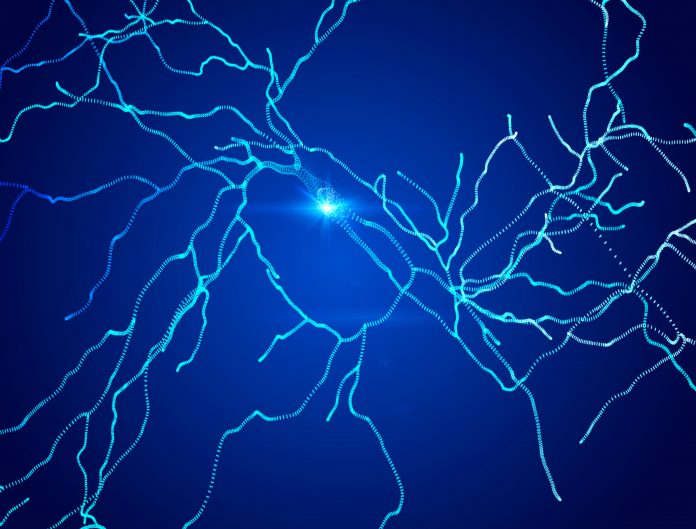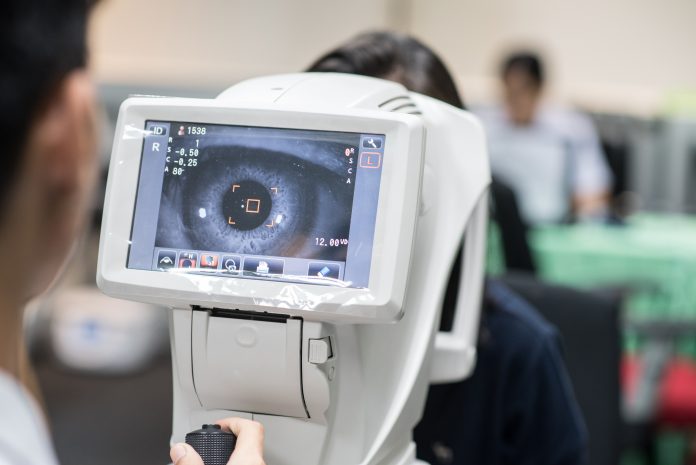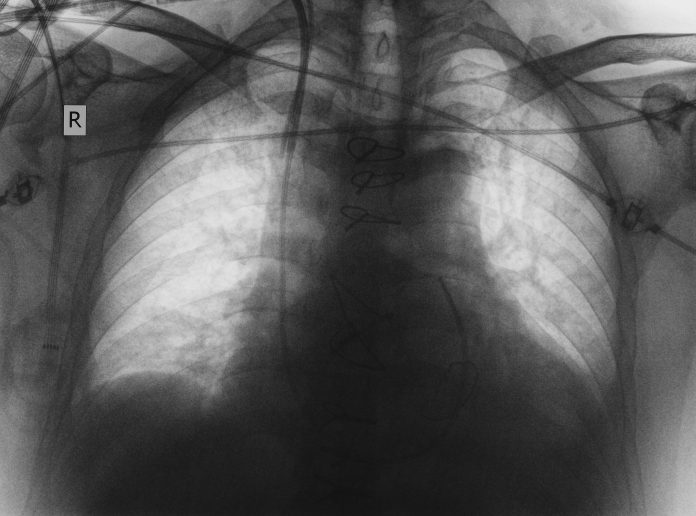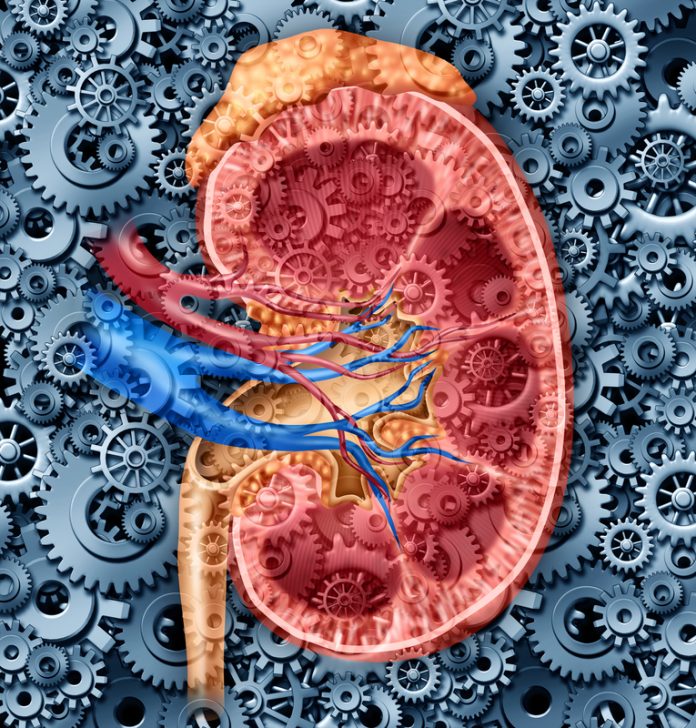Home Search
autoimmune disease - search results
If you're not happy with the results, please do another search
Exposure to Libby Amphibole: The clinical picture of autoimmune disease
Karen Lee Morrissette and Jean C. Pfau from the Center for Asbestos-Related Disease discuss the clinical presentation and complexity of the autoimmune disease progression among those exposed to Libby Amphibole.
Curative approach to severe autoimmune diseases
Andrew Mackie, VP Business Development tells us how Imcyse, a Belgian immunotherapy expert, seeks a curative approach to severe autoimmune diseases.
The DIDO Project: autoimmune disease therapies research
University of Perugia’s Ursula Grohmann and Antonio Macchiarulo share the work of the DIDO project in understanding cancer and autoimmune disease therapies
Multiple sclerosis – the disease of a thousand faces
Multiple sclerosis (MS) is a disease that impacts the central nervous system, affecting everything we do. For many patients, the main question is: how do I confront this life-changing condition?
Jean C. Pfau, Ph.D. – Center for Asbestos Related Disease
Jean Pfau received her Ph.D. in Microbiology/Biochemistry at the University of Montana
Her post-doctoral training fostered her true passion for inflammatory and autoimmune diseases, which became her research focus. In 2001, Dr. Pfau joined a distinguished team of researchers from around the country to explore the health effects of asbestos,...
Dr Jean Pfau and the Center for Asbestos Related Disease (CARD)
Jean C. Pfau is an immunotoxicologist with a PhD in Microbiology and Biochemistry. Dr Pfau currently serves as a scientific consultant for the Center for Asbestos Related Disease (CARD) in Libby, Montana.
Multiple sclerosis: A debilitating disease, but new treatments offer hope
Rhett Reichard, PhD and Keri C. Smith, PhD from Saba University School of Medicine, says that while multiple sclerosis is a debilitating disease, new treatments offer hope.
One in ten people have an autoimmune disorder in the UK
The number of people contracting autoimmune diorders in the United Kingdom is growing, including diseases like type 1 diabetes and rheumatoid arthritis. But why?
Early Alzheimer’s disease detection sensor in development
Researchers are developing a new Alzheimer's disease detection sensor that can be used in the early stages of Alzheimers and a number of other diseases.
Prebiotics from algae as a treatment for inflammatory bowel disease
The Algae4IBD project is studying the potential of probiotics and algae-derived prebiotics as a treatment for inflammatory bowel disease.
Preventing autoimmune diabetes in genetically susceptible people
Department of Biochemistry - Microbiology and Immunology - University of SaskatchewanCan we now envisage antigen-specific therapies to prevent and treat organ-specific autoimmune diseases, such as autoimmune diabetes?
Where do you get information about food allergy or celiac disease and food safety?
Rick Goodman, University of Nebraska, discusses food allergy risk assessments for new foods in different countries
NIH discover new potential therapy for eye diseases
A new study shows promise for future therapies for blinding eye diseases, uveitis and multiple sclerosis.
Embarking on a disruptive way to treat Multiple Sclerosis and other serious immune diseases
Isabelle Ote and Valérie Barette, Project Leaders at Belgian immunotherapy expert Imcyse, discuss its next phase of growth, and how to apply ImotopeTM technology to the treatment of MS.
Targeting immune mechanisms underlying cardiovascular diseases
János G. Filep, MD from the University of Montreal and Maisonneuve-Rosemont Hospital in Canada, discusses targeting immune mechanisms underlying cardiovascular diseases.
Lung disease: A focus on idiopathic pulmonary fibrosis
Stephen C Clark, from Newcastle upon Tyne Hospitals NHS Foundation Trust and University of Northumbria in the UK explains idiopathic pulmonary fibrosis, a type of lung disease.
Understanding chronic autoimmune uveitis through ophthalmology research
Andrew Taylor, Professor of Ophthalmology, highlights research to understand the molecules that mediate ocular immune privilege so they can be adapted for chronic autoimmune uveitis.
Pernicious Anaemia: The world’s forgotten disease
Chairman of The Pernicious Anaemia Society, Martyn Hooper MBE lifts the lid on the history, causes and diagnosis of the world’s forgotten disease
From the time it was first described in the mid-nineteenth century, the cause and treatment of Pernicious Anaemia became the subject of some of the most inquisitive...
Type 1 diabetes: A serious chronic disease
University of Oulu’s Professor Riitta Veijola discusses the impact of Type 1 diabetes on society and the challenges associated with tackling the disease
Membranous nephropathy: A renal auto-immune disease
Professor Pierre Ronco describes advances in our understanding of membranous nephropathy and the promise of precision medicine to treat the disease
A rare disease which affects the kidney, membranous nephropathy is the second-most common cause of nephrotic syndrome, which is characterised by massive protein loss in the urine. The consequence...



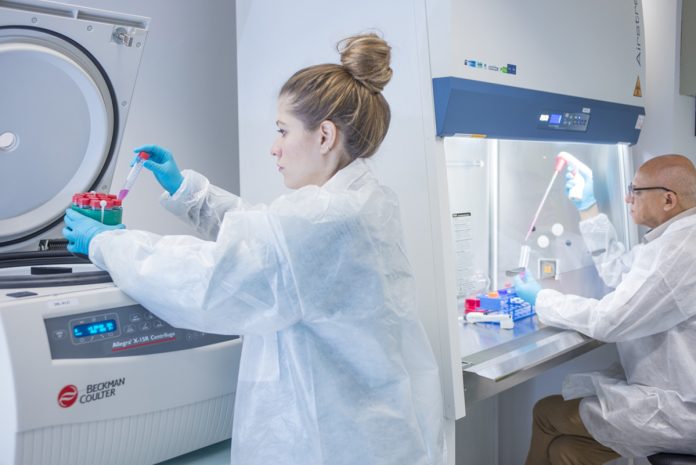
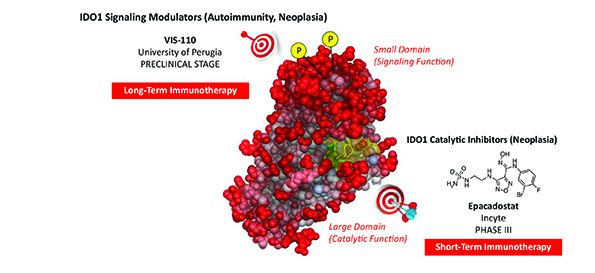



![Multiple sclerosis: A debilitating disease, but new treatments offer hope Neurons Cells System - 3d rendered image of Interconnected Neurons with electrical pulses. Conceptual medical animation. Healthcare concept. SEM [TEM] hologram view. Glowing neurons signals.](https://www.openaccessgovernment.org/wp-content/uploads/2023/08/iStock-1348380003-696x392.jpg)

